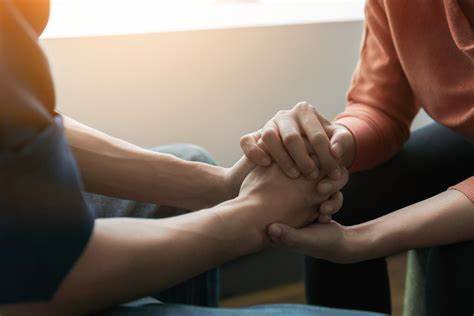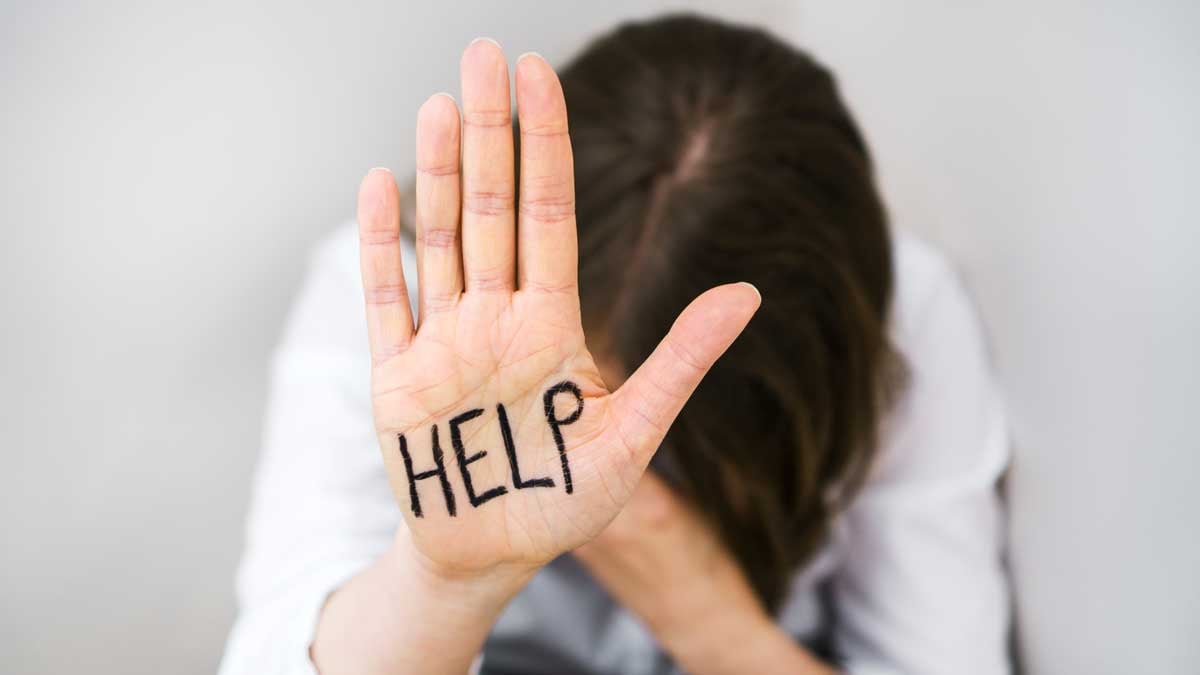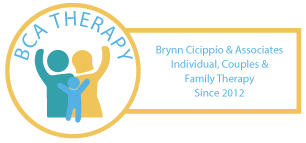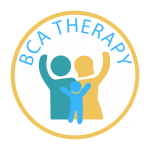
Can We Control How Others Show Up in Our Relationship?
How others show up in our relationships is not under our control.
We have no control over others behavior, even those we love and care for. We can’t make people be nicer to us, kinder to us, care for us, or love us in the way we envision. What we can do is take care of ourselves, be clear with our needs, and then choose what relationships are healthy for us to maintain and what ones we need to let go.
Learn More
What Effects Do Alcohol Have on Our Fitness Goals?
Be aware of the consequences alcohol has on your fitness as alcohol use decreases overall fitness and hampers an individual’s ability to achieve their fitness goals.
The effects alcohol has on your overall fitness include weight gain, fatigue, dehydration, negative effects on your sleep, negative effects on your muscle growth, and it slows down your metabolism.
Advice: Don’t drink if you want to increase your overall fitness!
Learn MoreLGBTQIA+ Support
BCA Therapy is happy to introduce Samantha Palmisano to our team! Samantha brings a new specialty to our practice, supporting individuals and families within the queer community. Her secondary speciality is supporting neurodivergent individuals and families.
While BCA Therapy has always been a safe and affirming group, we are excited to have Samantha’s experience and specialization to further enhance our inclusivity and support of all those seeking therapy.
To visit Samantha Palmisano’s profile on our website click here.
To request an appointment, click here.
Learn More
What is Somatic Therapy?
Somatic Therapy is a holistic form of therapy that is grounded in the relationship between mind and body. It can help patients who suffer from a range of ailments which include trauma and PTSD, stress, anxiety, depression, grief, addiction, and sexual frustration.
Somatic therapy combines mindfulness, talk therapy, and what can be considered alternatives of physical therapy. Therapists will help you focus on your body and revive memories or traumatic experiences and pay attention to any physical responses you have once the emotion is experienced or the memory is recovered.
Sara Witkowski, MA, RYT brings in a unique focus to BCA Therapy with that of Somatic Therapy. By bridging the mind and body together. Sara invites connection and transformation for all clients, leading to sustainable healing and change. Sara supports children, teens, and adults.
Sources:

Remember the 7 C’s of Addiction
Addiction can affect your life in many ways which can be more than just substance abuse. It can be caused by alcohol, drugs, tobacco, gambling and more. Long-term addiction can lead to death, mental health issues, cancer, diseases, losing your job, losing friendships and loved ones.
It is important to have something you can look at that will help you know that you are not alone, and you can recover from your addiction. This can be done by knowing the 7 C’s of Addiction.
The 7 C’s of Addiction can help you or others suffering from addiction:
- I didn’t CAUSE it.
- I can’t CONTROL it.
- I can’t CURE it.
- But I can help take CARE of myself.
- By COMMUNICATING my feelings.
- Making healthy CHOICES.
- And CELEBRATING me.
Let us know if the 7 C’s worked for you! Let’s DO THE WORK and celebrate the recovery!
Learn More

